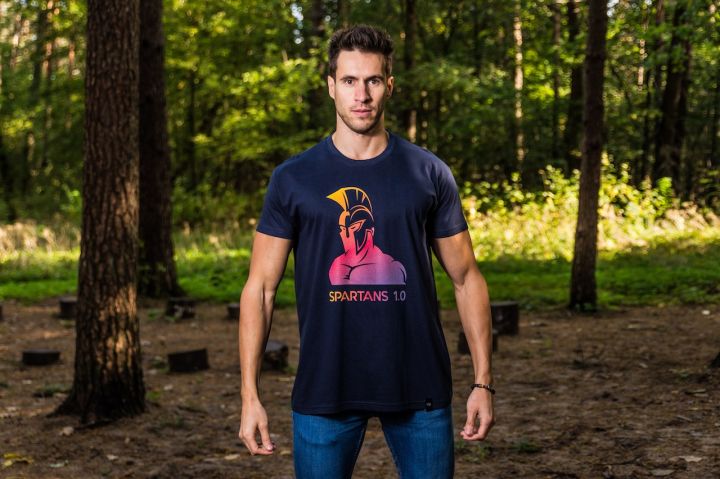Four Butt Lifts For Fitness Beginners
Both a great butt and long legs are a feature of a perfect body, so we can't ignore them when training. These two areas together make up more than half of our body and have the greatest impact on our figure, but more importantly, they are one of the areas of the body most prone to fat accumulation. If you don't pay enough attention to these two areas, you will easily develop flat hips and thick legs as you get older.

If you already have a tendency to develop this condition, you should be vigilant and stop indulging yourself. If it is because of your overall body type obesity that you have started to bloat up around your hips and legs, this will need to be addressed by fat loss training, but if you do not do some muscle strength training in the meantime, you will develop sagging skin when you lose weight. If your body fat percentage is not high but you have flat hips and thicker legs, then you will need to train for your buttocks and legs.

This is why you need to do a certain amount of hip and leg training, both during fat loss and during shaping. Don't stop training just because you've heard others say that hip and leg training will make your legs thicker. In fact, this is not true because as a woman there is estrogen in your body to regulate your body condition and you will not get thicker with training. They are just misleading you, but they are actually doing hip and leg training themselves.
So next, we will share with you a set of exercises for the buttocks and legs. Although there are not many movements in this set, after a period of persistence, you will indeed be able to develop a great butt and a pair of long legs.
Movement 1: Deep squat

When it comes to hip and leg training, i believe the first thing that comes to mind is the deep squat. The deep squat is the prime movement for leg training, but it actually has a certain role in improving the buttocks as well. Start by standing with your feet shoulder-width apart, straighten your back and contract your core muscles, either with your hands flat on your chest or crossed at the waist. Then move your hips backwards and downwards while bending your legs at the knees to squat, rising back up when your thighs are parallel to the ground. Be sure to pay attention to your knees in relation to your feet in the squat.
Movement two: Hip bridge

After talking about the deep squat, we have to talk about the glute bridge movement. The hip bridge is also a very classic hip and leg training movement that strengthens the stability of the body. Start by lying on the ground with your hands on your sides to keep your body stable. Then bend your knees and brace the tops of your feet on the ground, and then apply force to your abdominals to lift your hips up so that your whole body is in a straight line.
Movement 3: Arrow squat

The arrow squat is also a classic in leg training and can be done anywhere and anytime. Start by standing with your feet in front and behind you, back straight and abdominals contracted, hands flat or crossed. Then bend the front and back legs at the same time to bring the body into a squatting motion. When your thighs are parallel to the ground, hold for a few seconds and then return. Be careful not to let the back leg touch the ground during the squat.
Movement 4: Clam open and close

This movement is technically a yoga movement, but there are not so many rules when we exercise. Start by lying on your side on the floor with your legs closed and knees bent, your hands on the floor straight and your upper arms touching the floor to stabilise your body. Keeping the feet in contact, lift the upper leg upwards. Stay in the highest position for a few seconds and then return.

Although it is said that there are only four movements in this workout, complete them on time and you will see the results. Perform 2-3 sets of these movements at a time, one set of 15 reps of each movement, with about 30 minutes rest between each set.
